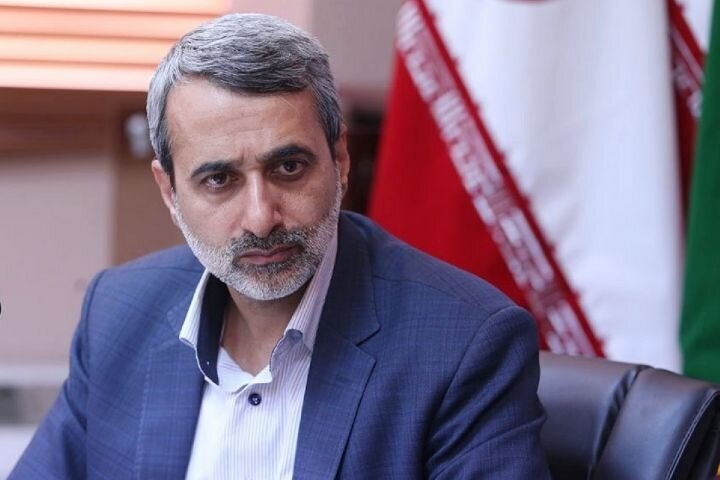Missiles not subject to negotiation, Iranian MP says

TEHRAN — The deputy chairman of the National Security Committee of the Parliament has that said Iran has negotiated on its nuclear program within the Joint Comprehensive Plan of Action (JCPOA) but the Islamic Republic will not negotiate on other issues, including its defensive missile program.
In an interview with Mehr on Tuesday, Abbas Moqtadaei reacted to recent remarks by some Western officials who have said Iran's missiles should also be discussed in the talks intended revive the JCPOA, saying, "Westerners should know that an independent and powerful country like the Islamic Republic of Iran is not being blackmailed, and if we managed the Holy Defense for eight years and resisted the U.S. sanctions and pressure, they were just because we wanted to maintain our independence."
He stated that the Islamic Republic had shown that it does not enter into negotiations through blackmail, pressure, sanctions or any kinds of threat.
"We are still on the same principled position, and the Islamic Republic of Iran observes the key points in the negotiations according to its own logic," the parliamentarian highlighted.
He went on to say that negotiations should serve the interests of the Iranian people, the MP noted, stressing that talks under threat are not logical.
The remarks by the MP comes as the new Iranian administration has insisted that a resumption of the nuclear talks in Vienna must lead to a total lifting of sanctions on the Islamic Republic.
The same view was echoed MP Moqtadaei who said negotiations must yield results and the Western parties should abide by their obligations.
Under the nuclear 2015 nuclear deal, officially called the Joint Comprehensive Plan of Action (JCPOA), Iran agreed to put limit on its nuclear program in return for termination of economic and financial sanctions. However, the Trump administration quit the deal and imposed heavy sanctions on Iran under its “maximum pressure” campaign. The European parties to the agreement – Britain, France and Germany – also bowed to the U.S. pressure and refused to honor their commitments under the agreement.
Moqtadaei said although the Raisi administration has said that it will seek a revival of the JCPOA, it would not tie Iran's economy to the deal.
He said the new administration is firm to overcome the shortcomings that existed in the previous administration and will go ahead with negotiation in accordance with the interests of the Iranian nation.
"If the other side expects us to trade on the national security of the Islamic Republic of Iran, the expectation is misplaced because Iran has negotiated on the nuclear issue in the JCPOA and we will not have another negotiation accordingly."
In the National Security and Foreign Policy Committee, the MPs spoke with Minister of Foreign Affairs Hossein Amir Abdollahian and his colleagues in this regard and there was a good consensus and unity between the parliament and the administration, the parliamentarian concluded.
